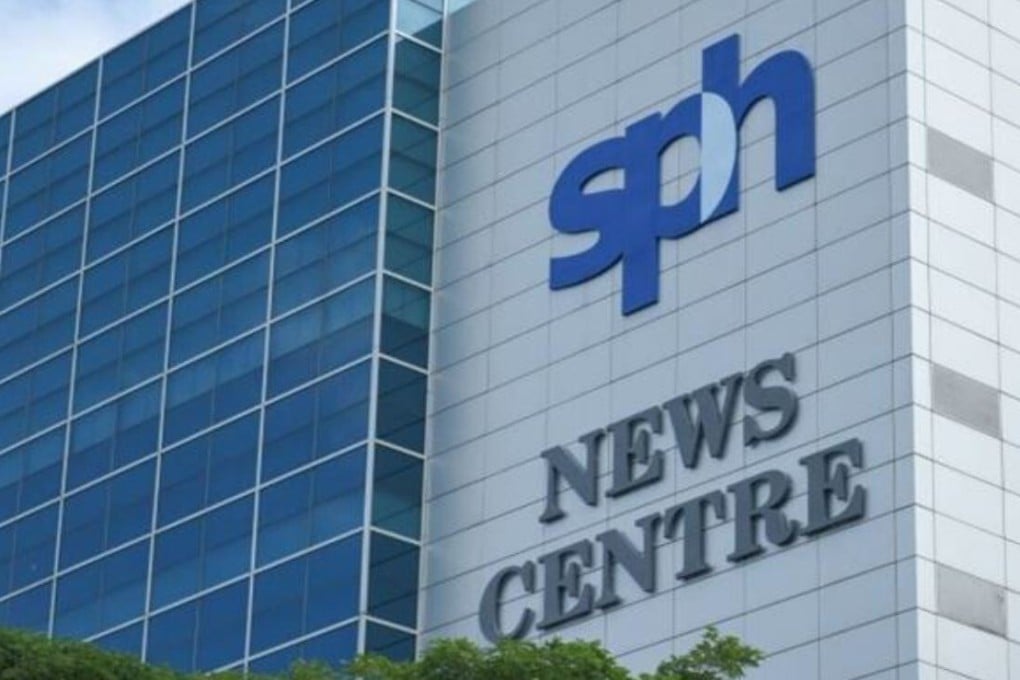Advertisement
Opinion | Singapore’s press overhaul will stay true to Lee Kuan Yew’s 50-year-old blueprint
- Singapore Press Holdings will hive off its media outlets into a non-profit entity, allowing it to seek funding from diverse sources
- But to assess this move, it’s worth recalling Lee Kuan Yew’s 1971 clampdown that has since shaped the role played by the media
Reading Time:5 minutes
Why you can trust SCMP
5

It is a fitting coincidence that the biggest shake-up of Singapore’s news media industry in decades has been announced in the 50th anniversary month of the country’s biggest ever crackdown on press freedom.
Thursday’s news that Singapore Press Holdings (SPH) would hive off The Straits Times and other media outlets into a new not-for-profit company appears on the surface a radical, forward-thinking response to global journalism’s chronic financial crisis. Look back at history, though, and it becomes clear this is also a rearguard action to preserve the ruling party’s dominance over mainstream media.
From the 1970s, the People’s Action Party (PAP) government saw profit-oriented media owners as partners in its mission. It now knows it can no longer count on capitalism – but it will not abandon its policy of preventing the press from playing a democratising role.
Advertisement
It was in May 1971 that Lee Kuan Yew, Singapore’s first prime minister, decided that extinguishing newspapers’ Fourth Estate ambitions required more than shots across the bow – he would have to sink ships and shackle captains.
Applying discretionary powers the British bequeathed to the Republic, the government caused the shutdown of two small English-language newspapers and detained without trial the executives of Nanyang Siang Pau, one of the most important Chinese-language dailies outside Greater China. Its publisher was later detained for five years.
Advertisement
Justifying the sweep to an international gathering of editors in Helsinki the following month (he seemed to relish the opportunity), Lee declared that in Singapore “freedom of the press, freedom of the news media, must be subordinated to the overriding needs of the integrity of Singapore, and to the primacy of purpose of an elected government”.
Advertisement
Select Voice
Select Speed
1.00x
